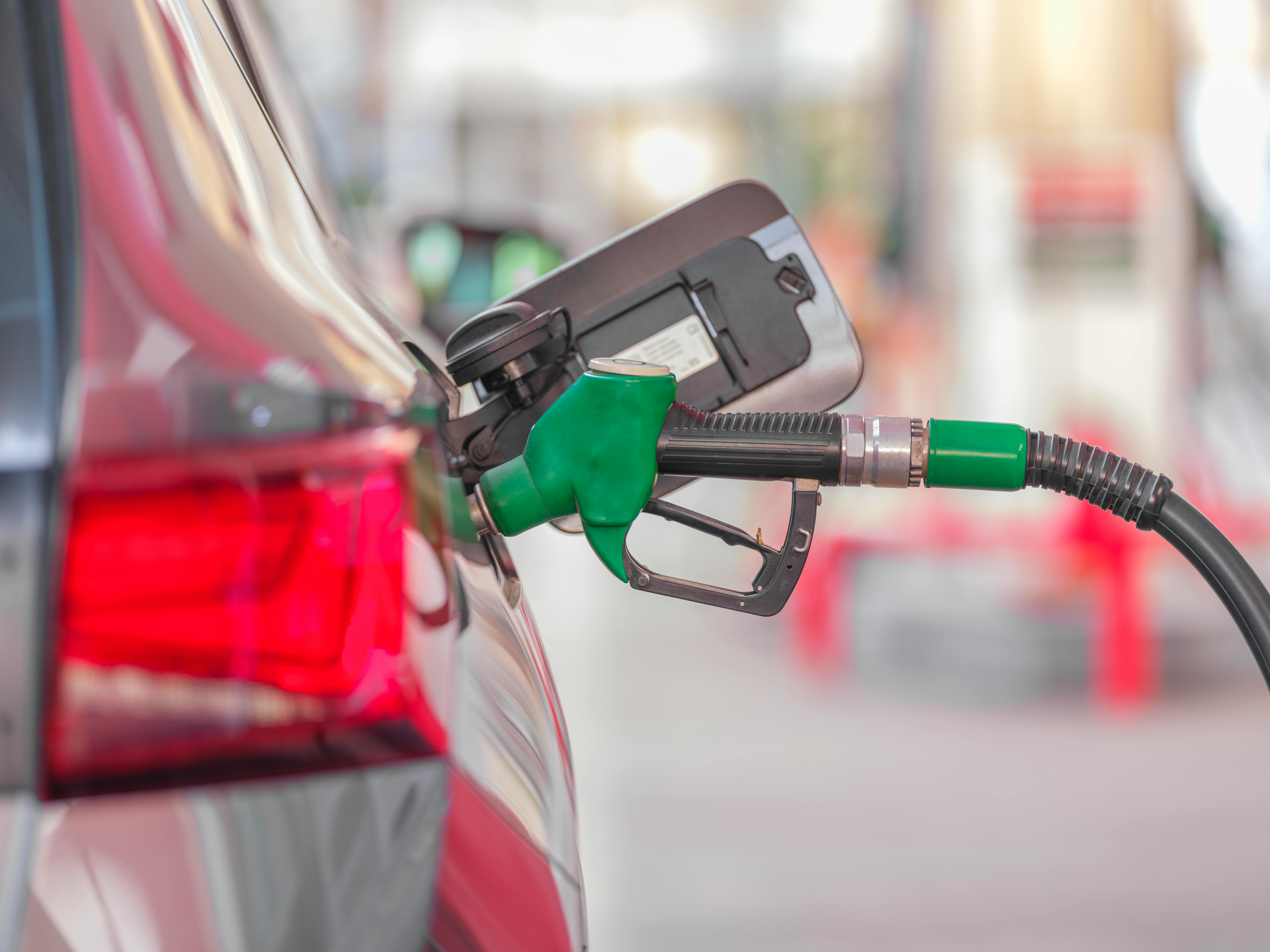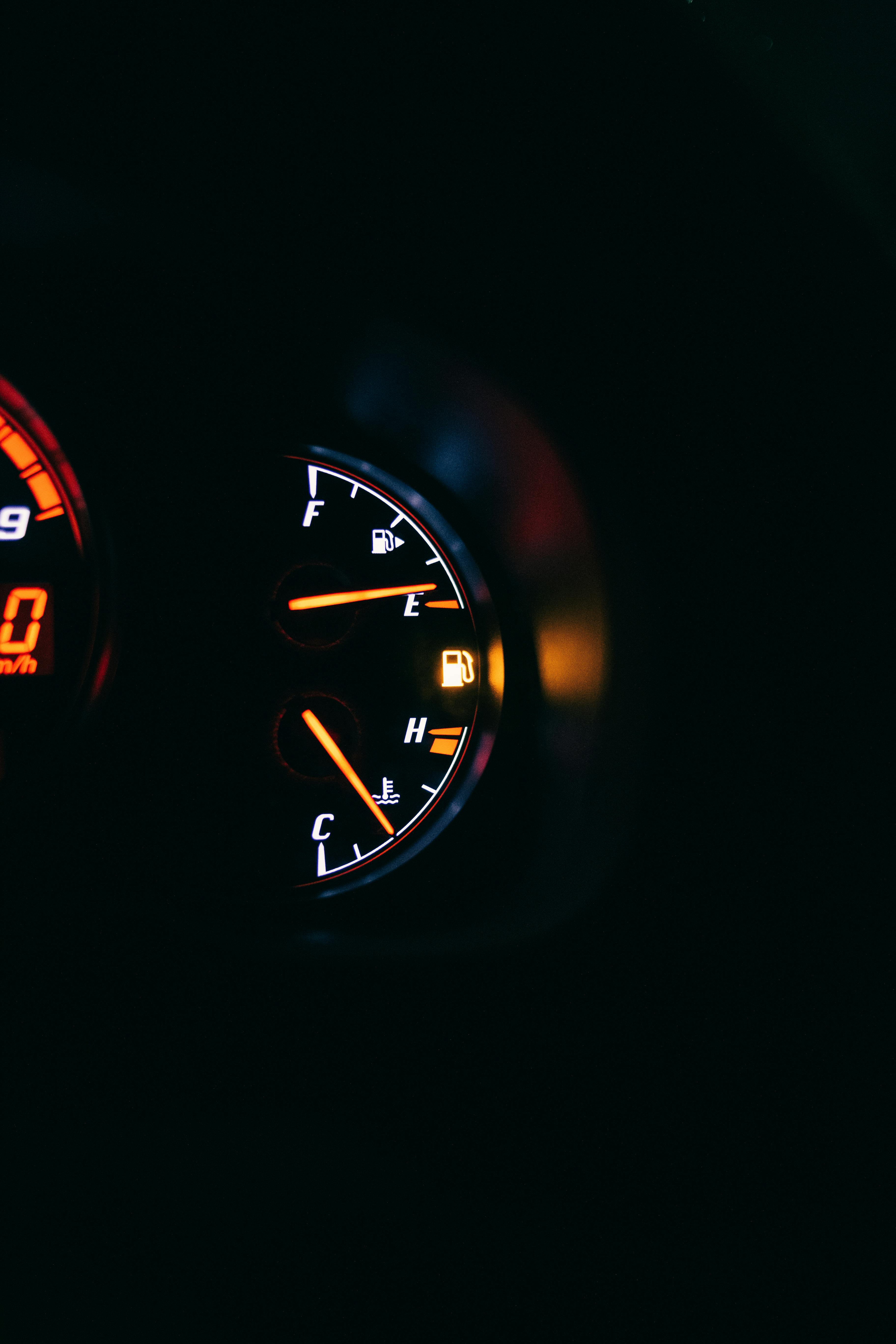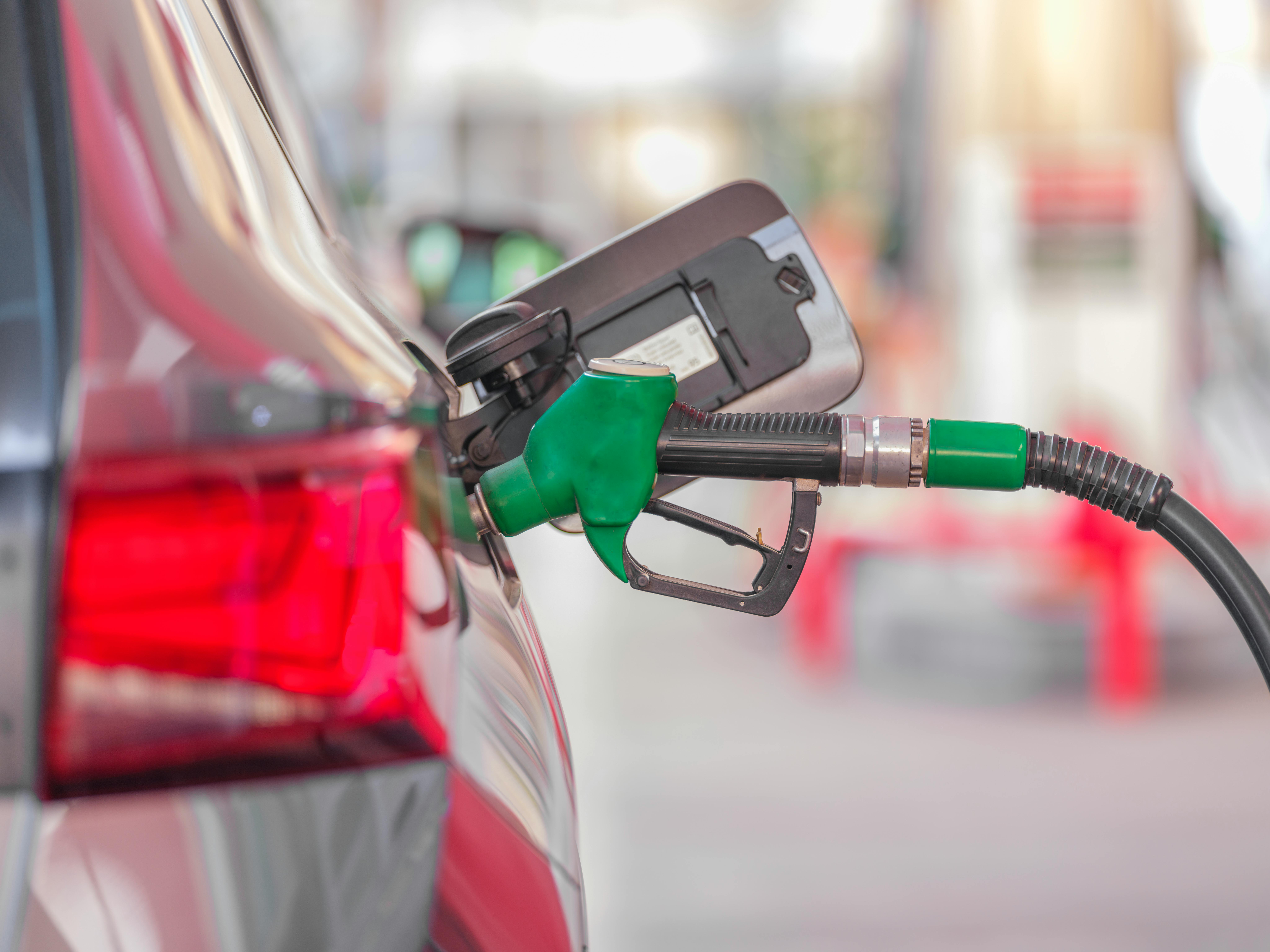Fuel System Cleaning: What You Need to Know

Maintaining your vehicle’s performance and longevity requires more than just regular oil changes and tire rotations. One often-overlooked but crucial service is fuel system cleaning. While it may not be a common household term, understanding the importance of fuel system cleaning can lead to improved performance and fuel efficiency. Here, we dive into the essential aspects of fuel system cleaning, why it’s necessary, and how often you should consider getting it done.
What is Fuel System Cleaning?
Fuel system cleaning is an automotive service that focuses on removing the build-up of carbon deposits and other contaminants from your vehicle's fuel system. This system includes components such as fuel injectors, intake valves, and combustion chambers. Over time, these parts can accumulate dirt and debris, affecting your vehicle's ability to burn fuel efficiently.
The Role of Fuel Injectors
Fuel injectors play a critical role in your car's engine. They pump fuel through electronically controlled openings that spray the fuel into the cylinders. This allows for even and efficient burning of the fuel. However, as you drive, carbon deposits can form on the injectors, leading to clogged nozzles that disrupt the fuel flow.
Why is Fuel System Cleaning Important?
One of the primary benefits of a clean fuel system is improved fuel efficiency. When carbon deposits are removed, fuel burns more evenly, reducing the amount of fuel your car needs to operate. According to Toledo Tire and Auto Care, removing these deposits can make your car run smoother and become more fuel-efficient. Enhanced performance and prolonged engine life are other key benefits of maintaining a clean fuel system.
How Often Should You Get a Fuel System Cleaning?
Most mechanics recommend getting a fuel system cleaning every 96,000 to 145,000 kilometres (approximately every 60,000 to 90,000 miles). However, this can vary depending on your driving habits and the type of fuel you use. Regular inspection and maintenance can help determine the optimal interval for your vehicle.

Signs You Need a Fuel System Cleaning
Here are some indicators that it might be time to schedule a fuel system cleaning: - Poor Fuel Economy: If you notice a sudden drop in your vehicle's fuel efficiency, it could be due to a clogged fuel system. - Rough Idling: A dirty fuel system can lead to uneven idling and occasional stalling. - Reduced Power: Difficulty accelerating or a loss of engine power can also be signs of a clogged fuel system. - Engine Misfires: Frequent misfires indicate that the fuel isn’t burning properly, which could be due to dirty fuel injectors.
What Does Fuel System Cleaning Involve?
Before performing a fuel system cleaning, it's crucial to conduct a thorough inspection. According to Kernersville Auto Center, a mechanic will check the fuel pressure and other key indicators to ensure that a cleaning is necessary. The main component of fuel system cleaning involves cleaning the fuel injectors, intake valves, and combustion chambers using specialized equipment and cleaning solutions. Post-cleaning tests are often performed to ensure the cleaning was effective.
DIY vs. Professional Fuel System Cleaning
While there are DIY kits available for fuel system cleaning, it's generally recommended to have this service performed by professionals. DIY kits may not be as effective and can sometimes cause more harm than good if not used correctly. Professional mechanics have the expertise and equipment to perform a thorough and safe cleaning.

Preventive Measures
To minimize the need for frequent fuel system cleanings, consider adopting these preventive measures: - Use High-Quality Fuel: Premium fuels often contain detergents that help keep the fuel system clean. - Regular Maintenance: Adhering to your vehicle's maintenance schedule can prevent build-up in the fuel system. - Fuel Additives: Occasionally using fuel additives can help clean the system between professional cleanings.



